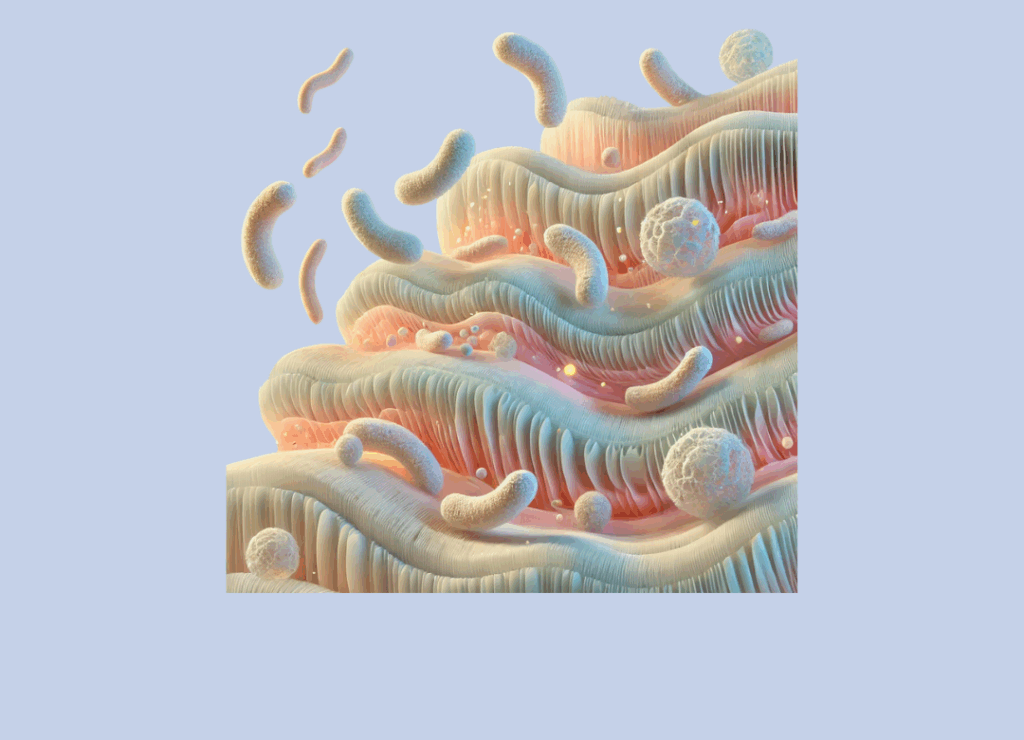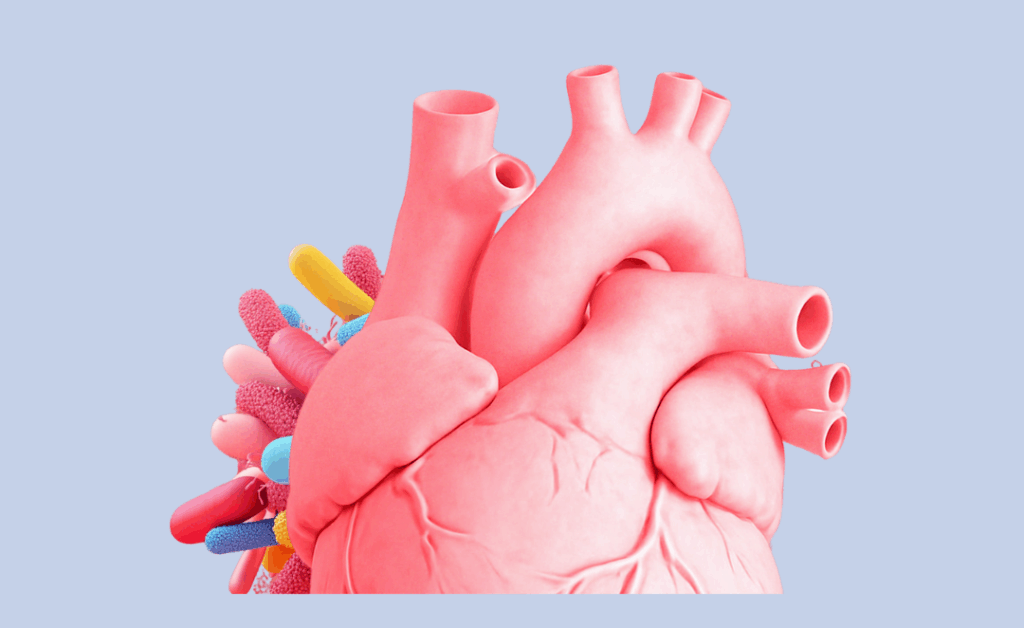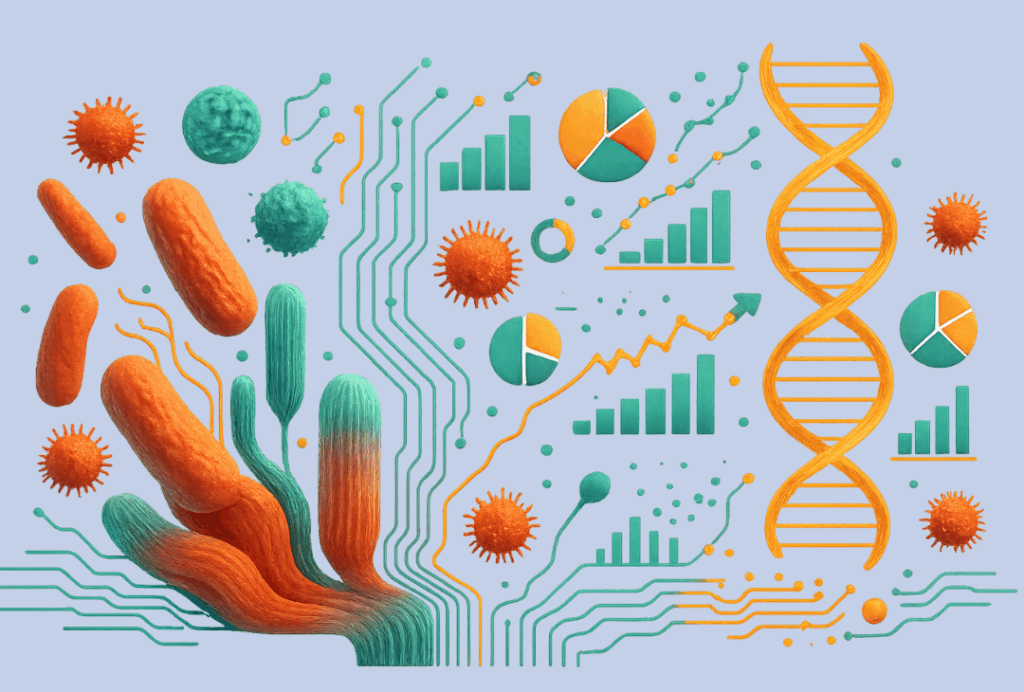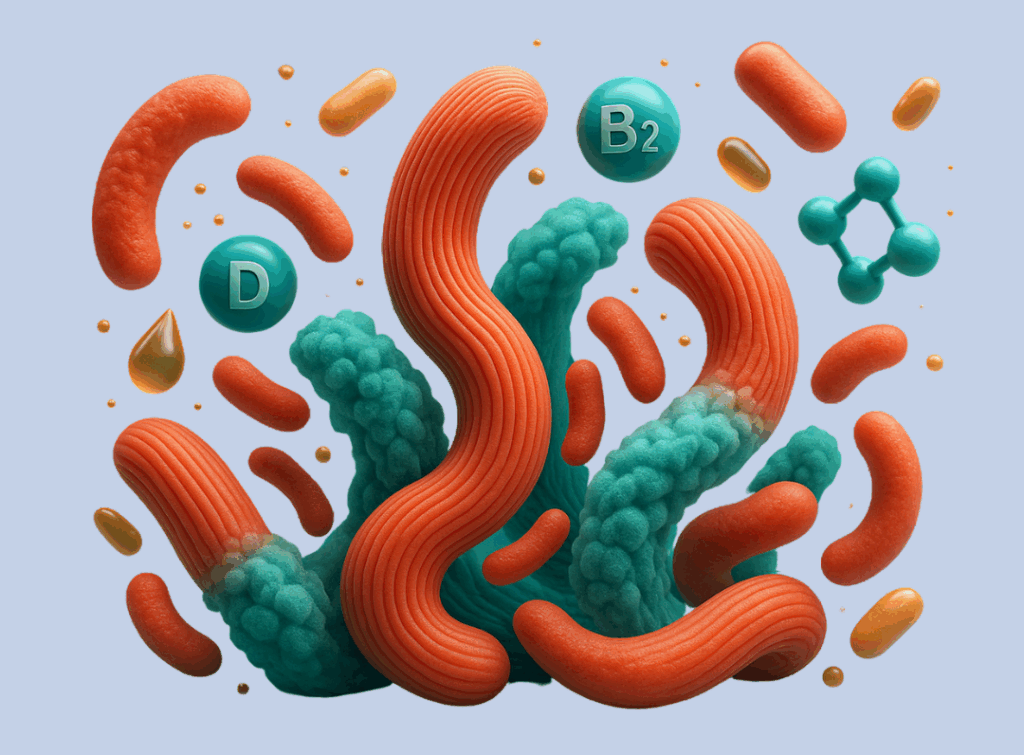Article Overview
Authors: Laura Pietrangelo, Annunziata Dattola, Irene Magnifico, Giulio Petronio Petronio, Marco Alfio Cutuli, Noemi Venditti, Antonio Guarnieri, Andreas Wollenberg, Giovanni Pellacani, Roberto Di Marco
Affiliations:
- Dipartimento di Medicina e Scienze della Salute “V. Tiberio”, Università degli Studi del Molise, Campobasso, Italy
- Dermatology Clinic, Department of Clinical Internal, Anesthesiological and Cardiovascular Sciences, Sapienza University of Rome, Rome, Italy
- Department of Dermatology and Allergy, University Hospital, Ludwig-Maximilian University Munich, Munich, Germany
Publication Journal: International Journal of Molecular Sciences
Date of Publication: 28 March 2023
Link: https://doi.org/10.3390/ijms24076339
A New Approach and the Power of the Microbiome
Inverse psoriasis (IP) is a painful and often misunderstood form of psoriasis that primarily affects the skin folds, particularly in areas such as the armpits, groin, and under the breasts. These sensitive regions are prone to friction, moisture, and warmth, which makes both the symptoms and the treatment of IP uniquely challenging. While traditional therapies, such as corticosteroids, may offer short-term relief, they’re not always ideal for sensitive skin and can cause thinning or irritation with prolonged use.
This has left a pressing need for safer, more sustainable solutions, and one innovative study may be paving the way forward. At the heart of this development is Sequentia Biotech’s advanced bioinformatics enabling technologies to redefine how we understand and treat chronic skin conditions, such as inverse psoriasis.
The study focused on LimpiAL 2.5%, a new topical medical device designed specifically for treating non-scaly and mildly scaly forms of psoriasis, including IP. Its key ingredient, HAc-40, combines high-molecular-weight hyaluronic acid with a purified fragment of Cutibacterium acnes, a naturally occurring bacterium found on the skin. This unique formulation forms a breathable, invisible film on the skin that helps lock in moisture, reduce irritation, and, most importantly, rebalance the skin’s microbial environment.
Bioinformatics at the Core: Tracking Real Change Below the Surface
Sequentia Biotech’s bioinformatics tools played a central role in managing and interpreting this massive amount of data. By comparing microbial communities across different time points and patient groups, the researchers discovered something remarkable: LimpiAL 2.5% was associated with a measurable shift in the skin microbiome toward a more balanced, healthy-like state.
While the total number of microbes didn’t change dramatically, what did change was their composition. Pro-inflammatory bacteria, typically elevated in IP, such as Corynebacterium afermentans, were significantly reduced after treatment. At the same time, beneficial or neutral microbes began to reappear, some of which were completely absent in untreated patients. These subtle yet meaningful microbial changes were reflected in visible clinical improvements in the patients’ skin condition, including reduced redness, discomfort, and irritation.
Toward a New Era of Microbiota-Centered Skincare
This study is one of the first to combine clinical dermatology with high-resolution metagenomic analysis in patients with inverse psoriasis. It’s also a testament to how enabling technologies, like those developed by Sequential Biotech, can uncover new layers of understanding about disease mechanisms and treatment effects. Instead of simply masking symptoms, LimpiAL 2.5% appears to act at the microbial level, promoting skin health from within.
As more research is conducted, these insights may lead to a new class of microbiota-centered treatments, especially valuable in conditions where the skin’s delicate balance is easily disrupted. Thanks to bioinformatics-driven innovations, we’re now closer than ever to truly personalized, biologically informed skin care.
We’re not just treating the surface anymore—we’re treating the ecosystem.
Reference:
Pietrangelo, L., Annunziata Dattola, Magnifico, I., Petronio, G. P., Cutuli, M. A., Venditti, N., Guarnieri, A., Wollenberg, A., Pellacani, G., & Marco, R. D. (2023). Efficacy and Microbiota Modulation Induced by LimpiAL 2.5%, a New Medical Device for the Inverse Psoriasis Treatment. International Journal of Molecular Sciences, 24(7), 6339–6339.









